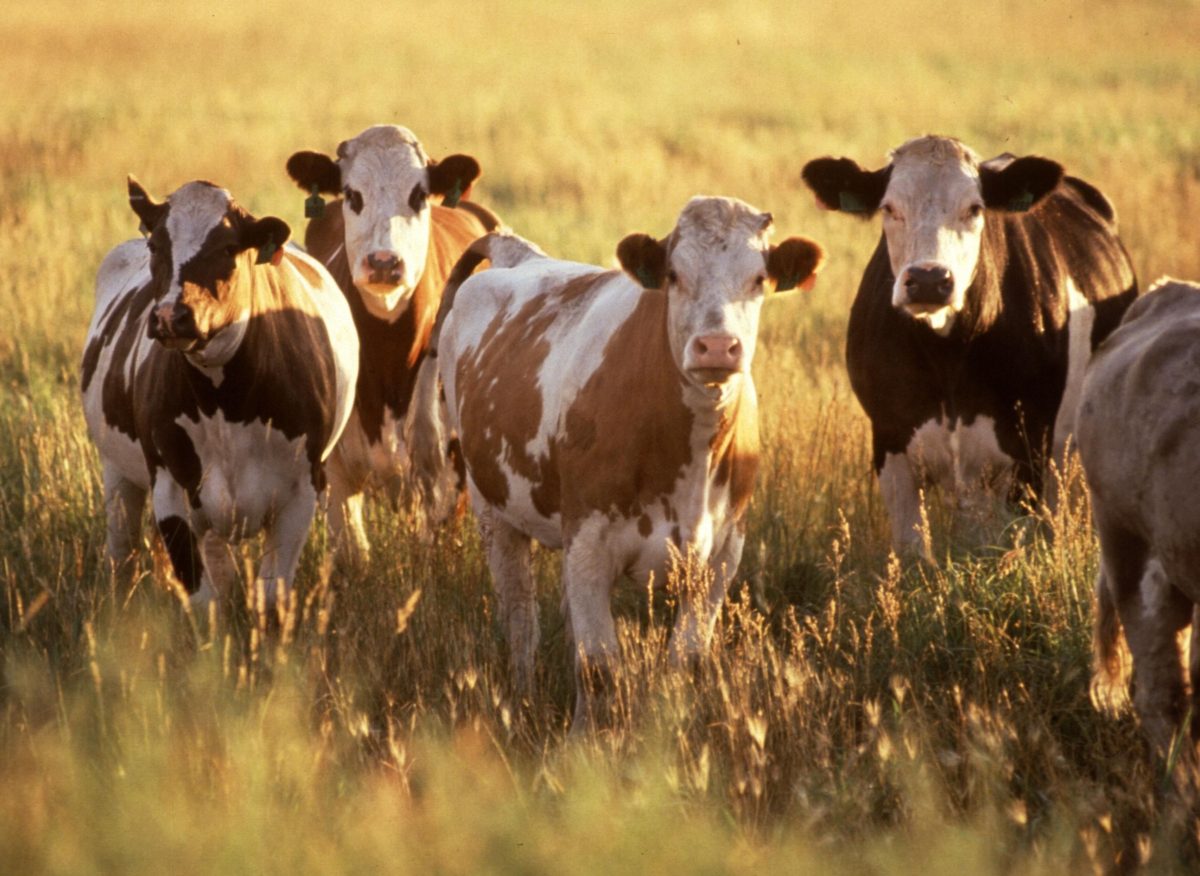New research finds that delaying when animals are fed means they will urinate at night in colder temperatures.
The cooler temperatures mean less nitrous oxide, a greenhouse gas, is produced from the nitrogen in the urine.
Co-author of the study*, Dr Jim Gibbs, senior lecturer at Lincoln University in livestock health and production, said understanding the relationship between time of feeding and subsequent nitrogen excretion may lead to better farm management strategies to reduce greenhouse gas output.
“Animals fed in both the morning and afternoon excreted approximately 60% of their urine volume and total urea within 12 hours of being offered fresh feed.
“This work suggests that shifting animals to new pasture late afternoon would result in more urinary nitrogen being deposited at night when lower ambient temperatures should lead to reduced volatilisation and lower N2O production.”
“This is good news for the dairy industry, as South Island farmers already use evening shifts for fresh feed, to better judge pasture use in daylight hours. This work shows the value of evaluating management of the whole production system to improve farming outcomes.”
The work was funded by the Ministry of Primary Industries Sustainable Land Management and Climate Change (SLMACC) Fund.
*Effect of feeding time on urinary and faecal nitrogen excretion patterns in sheep https://www.tandfonline.com/doi/ref/10.1080/00288233.2021.1892775?scroll=top&
Source: Lincoln University












